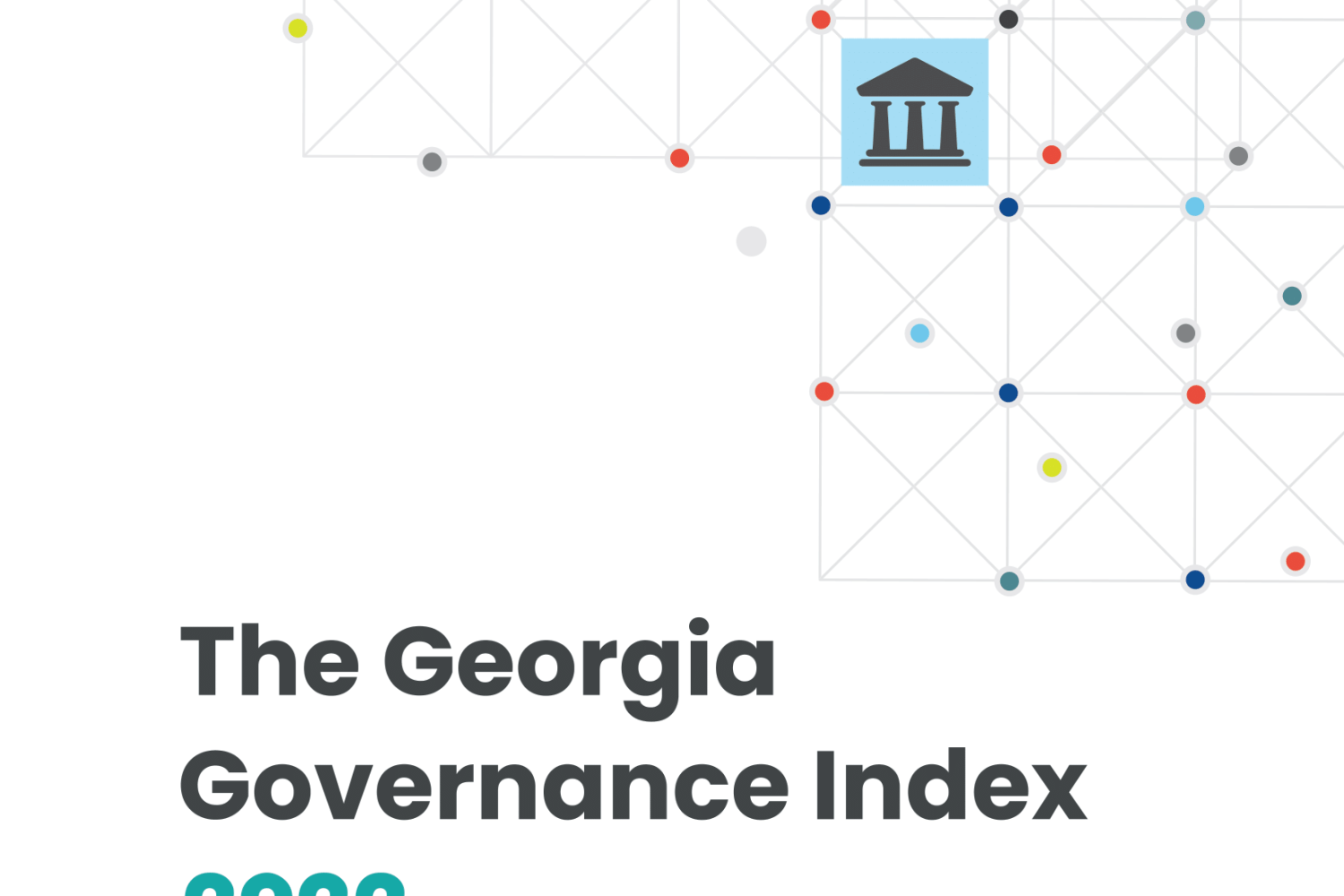2023-02-01 12:00:35
The Georgia Governance Index (GGI) analyzes and measures the performance of Georgia in four key areas of governance: democracy and human rights (democratic governance), effective state and state institutions (effective governance) social and economic policies (socio-economic governance) and foreign and security policy (external governance). While the index focuses mostly on Georgian state institutions it also includes analysis of other actors, including political parties and civil society organizations.
While numerous indices and rankings include Georgia in their worldwide or regional analyzes, a context-specific, country-focused, in-depth annual exploration of Georgia’s performance is still lacking. No other country-based organization has so far made this attempt. While GGI partly complements international indices in terms of both methodology and empirics, it provides a unique inside out view, as well as innovative methodological tools. GIP’s index will communicate Georgia’s democratic and economic performance to the Georgian public and a variety of stakeholders to meet increasing demand for a comprehensive report on the subject.
In terms of methodology, GGI employs both qualitative and quantitative techniques and epistemologies. The grading system is based on the GGI Expert Survey which was conducted among 40 Georgian experts working in different domains. The quantitative survey was supplemented by qualitative analysis conducted by GIP’s team.
The current report is the second iteration of the GGI. In terms of results, similar to the first report, the 2022 report depicts a bleak picture. Georgia’s performance was suboptimal in all four areas of governance. The country’s record was especially poor in the area of democratic governance while the effective and external governance areas also received low scores. Social and economic governance received a relatively high score, albeit still low and under the mid-point of the 0-100 scale.
Overall, the 2022 GGI Report and Expert Survey was dominated by foreign and security-related issues which is unsurprising considering the major geopolitical events taking place in Georgia’s close geographic proximity and wider Europe. Accordingly, new security-related vulnerabilities have come on top of existing long-term challenges such as judicial reform. These newer challenges include the management of Russia-related security risks and cooling relations with Western partners and Ukraine.
This document has been produced with the financial support of USAID. The contents are the sole responsibility of GIP and can under no circumstance be regarded as reflecting the position of USAID.




